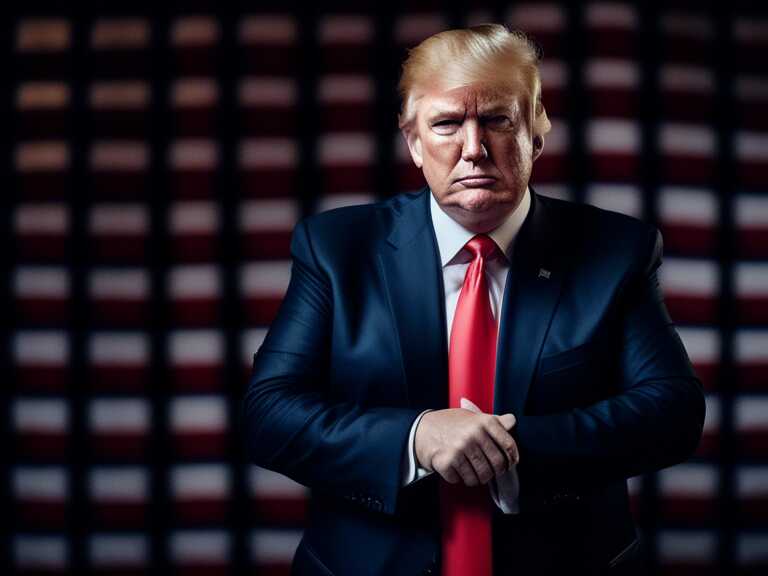
Trump Signs Executive Order to Overhaul US Elections
President Trump signed an executive order aiming to overhaul U.S. elections by requiring citizenship proof for voter registration, mandating ballots be received by Election Day, and threatening funding cuts to non-compliant states.

President Donald Trump signed a sweeping executive action on Tuesday aimed at overhauling U.S. elections. The order mandates documentary proof of citizenship for registering to vote in federal elections and requires all ballots to be received by Election Day nationwide. The president claims that the U.S. has "not adequately enforced Federal election requirements" and calls on states to collaborate with federal agencies to share voter lists and prosecute election-related crimes.
The order further threatens to withhold federal funding from states that fail to comply with its directives. David Becker, CEO of the Center for Election Innovation & Research, characterized the order as a "federal takeover of the constitutional authority of local and state governments to run elections." He argues that it seeks to usurp control over election technology and processes at the state and local level while circumventing congressional approval.
Potential Financial Impact and Legal Challenges
Becker predicts that if implemented, the executive order could cost state taxpayers tens of billions of dollars. However, he also anticipates that it will face significant legal challenges in the courts. While Congress has the power to regulate voting, as evidenced by laws like the Voting Rights Act, the Constitution grants states primary authority to determine the "times, places and manner" for elections.
Criticism from Democratic Officials
Colorado's Democratic Secretary of State Jena Griswold condemned the order as an "unlawful weaponization of the federal government," asserting that Trump is attempting to make it more difficult for voters to exercise their rights at the ballot box. Democratic Rep. Joe Morelle of New York, the ranking member of the House committee overseeing elections, called the executive order "not just misguided — it is immoral and illegal."
Federal Authority over Elections
Justin Levitt, a constitutional law expert and former White House senior policy adviser during the Biden administration, acknowledges that the executive branch possesses some authority over elections. He points to federal agencies like the U.S. Election Assistance Commission, which provides election support, including distributing federal grant money to states and running a voluntary certification program for voting systems. The U.S. Cybersecurity and Infrastructure Security Agency also assists election officials in protecting their systems.
Rescission of Biden's Order
Trump's order rescinds the executive order issued by former President Biden in 2021, which directed federal agencies to take steps to enhance voter registration. This drew criticism from Republicans who labeled it as federal overreach. Trump's new order directs the Election Assistance Commission to amend voting system guidelines to prioritize election integrity, including guidance that voting systems should not utilize ballots containing barcodes or QR codes in the vote-counting process.
Share news















